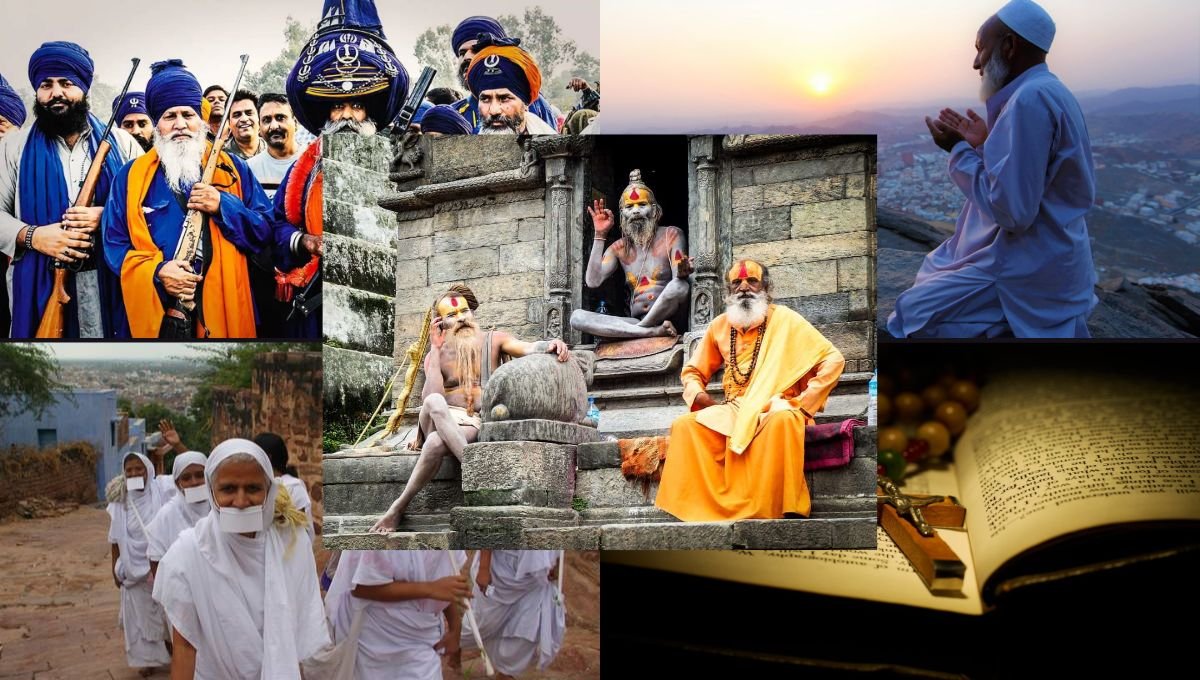
Religions in India: The stories, beliefs, and traditions that make up Indian mythology have been handed down through the ages throughout the Indian subcontinent. Hinduism, Buddhism, Jainism, and Sikhism are just a few of the many religious and cultural groups that have called this area home, and it also includes their myths and tales. That is accurate, yes. Indian mythology is a huge and diverse collection of tales, rituals, and beliefs that have developed over many centuries. It includes a vast variety of gods, heroes, and monsters in addition to moral and ethical principles. Ancient literature like the Vedas, Upanishads, Puranas, and epics like the Ramayana and Mahabharata contain many of these tales that have been passed down orally over the ages.
Religions in India
Exploring the Roots of Hinduism in India
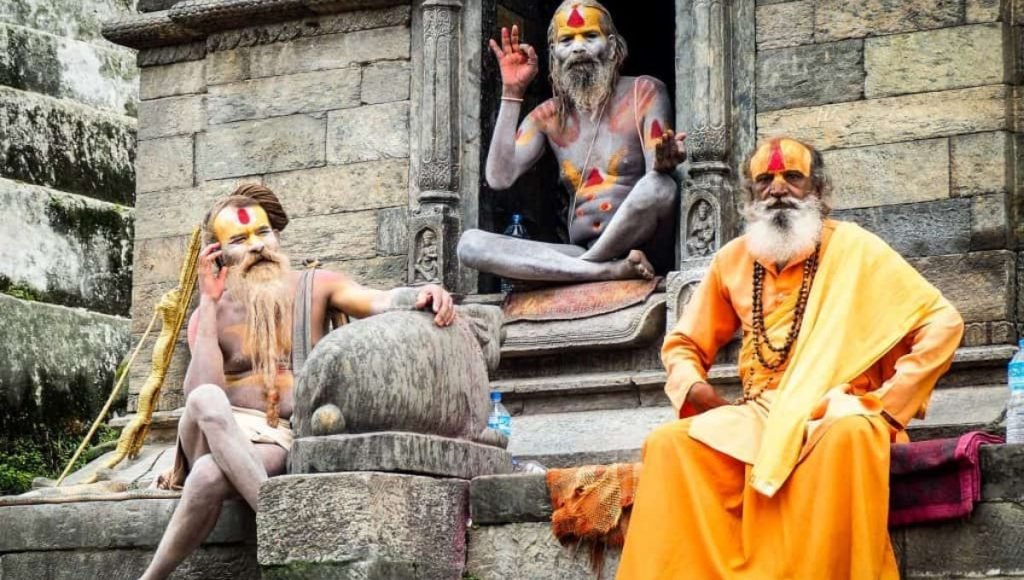
Hinduism is one of the world’s oldest religions, with foundations in ancient India. It is the predominant religion in India and Nepal, and it is also practiced by huge populations in other parts of South Asia and by cultural groups of Indian origin all over the world.
A Day in the Life of a Hindu: Rituals & Practices
Hinduism is a religious belief with huge gods and goddesses of deities. Brahma, Vishnu, and Shiva are the three primary gods, and there are several additional gods connected to other facets of life, including money, knowledge, and power. Hinduism is a collection of varied ideas and rituals that have evolved over thousands of years without a single founder or central authority.
The Vedas, Upanishads, Puranas, and epics like the Ramayana and Mahabharata are the primary texts of Hinduism. These writings include a diversity of philosophical and religious teaching, such as the belief in karma, which maintains that one’s choices in this life affect one’s position in the next.
Hinduism and Social Structure: The Caste System
Hinduism also has a caste system, which is a social structure that defines one’s place within society and profession. However this system has drawn negative criticism and has been technically discontinued, it still works illegally in some areas of India. Ritual is highly valued in Hinduism, and this includes daily puja (worship) as well as special ceremonies like weddings and funerals.
In Hinduism, yoga, and meditation have a long heritage and are said to bring enlightenment. Hinduism and its teachings have had an impact on various well-known historical people, especially Mahatma Gandhi. Hinduism deeply influences India’s culture, arts, and literature.
The Origins and Beliefs of Sikhism in India
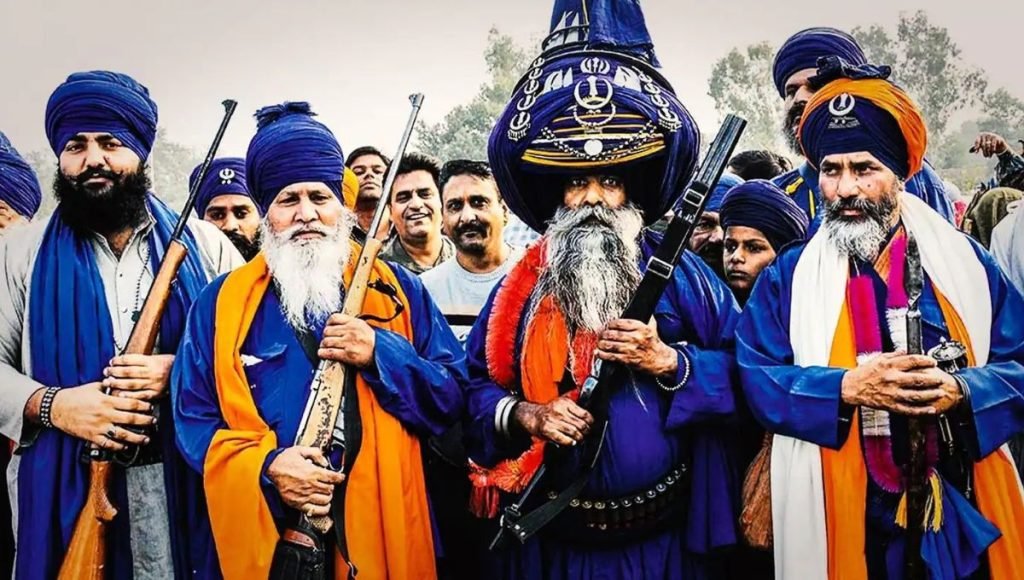
The holy religion of Sikhism was founded in the 15th century in the Indian province of Punjab. Guru Nanak, who is recognized as the first Sikh Guru, founded it. The majority of Sikh devotees live in the Indian state of Punjab and the surrounding area, making it the fifth most popular religion in the world. One God, global equality, and denial of caste and class inequalities are among the core tenets of Sikhism.
The religion also recognizes the value of leading a true, kind, and honest life and urged its worshippers to take actions of selfless service for everyone else. Sikhs are well-known for having a unique look, including uncut hair which is covered by a turban and a beard. A small dagger described as a “Kirpan” is another element of religious apparel carried by Sikhs. Sikhism, especially in the Punjab region, has had a significant influence on Indian culture and society.
The Sikhs have a long history of serving in the armed forces and have been important figures in India’s history, including the movement for Indian independence. Moreover, the religion has a rich legacy and has inspired Indian music and art. Sikhs have also made major contributions to Indian trade, industry, and agriculture. They are respected by other ethnic communities for being creative and hardworking Indians.
The Effects of Christianity on Indian Culture and Society

The first Christian communities were claimed to have been founded by the Apostle Thomas in the first century AD, and Christianity has a long history in India. In India now, there are thought to be 28 million Christians, or 2.3% of the country’s total population.
In India, there are many various types of Christianity, including Roman Catholic, Protestant, and Orthodox. Roman Catholics represent the majority of Christians in India, but there are also large numbers of Protestants, mainly in the country’s south and northeast.
Christianity has significantly contributed to the growth of India’s social welfare, healthcare, and education sectors. Early Christian organizations built many hospitals and colleges. In India, Christianity has a long history that includes a strong legacy of music, art, and literature. Since ancient times, Christian literature, hymns, and devotional music have played a significant role in creating Indian culture.
Exploring the ancient tradition of Jainism in India
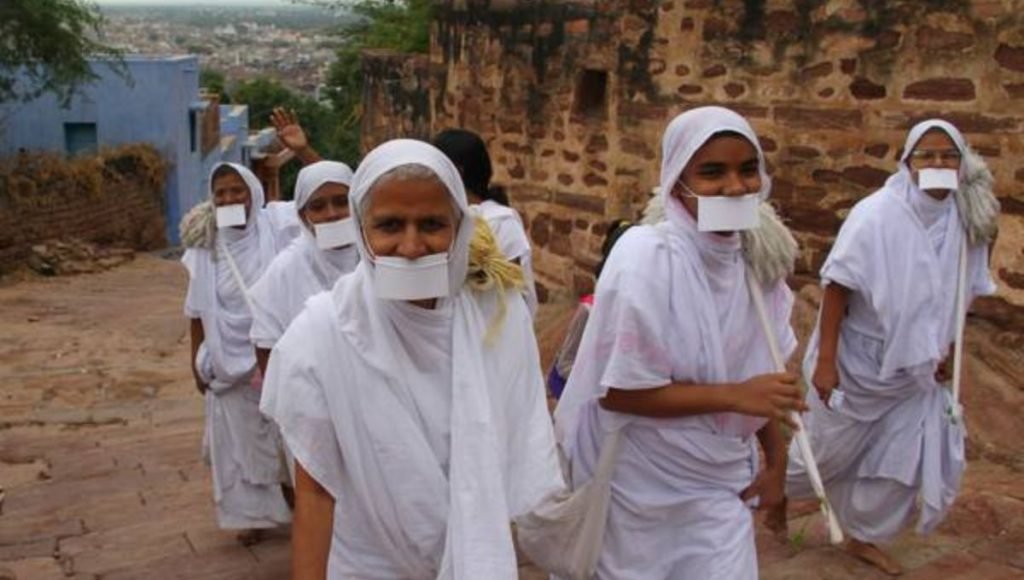
The Indian subcontinent is the source of inspiration for the ancient religion recognized as Jainism. It is recognized as one of India’s oldest religions, with teachings that date back to the sixth century BCE. Jainism is a dharmic religion that puts a strong emphasis on ahimsa, non-violence, and the idea of non-absolutism. It is an independent religion that is not closely related to Buddhism or Hinduism.
The 24 Jain Tirthankaras, who are considered spiritual gurus and teachers, serve as the foundation of Jainism. The concept of non-violence and the conviction that all living things are equal are two of Jainism’s most basic tenets. The idea of reincarnation and the existence of multiple souls are both held by Jains. They also think that gaining the soul’s escape from the cycle of life and death is the ultimate goal.
In India, Jainism is found in minor but important numbers, with the majority of its followers living in the states of Gujarat, Maharashtra, and Rajasthan. Jainism also had a big influence on Indian literature, art, and architecture, and there are lots of stunning Jain temples and monuments all over the place. The Jain community in India has a long history of performing art forms like dance and singing.
Islam’s Effects on Indian Society and Culture
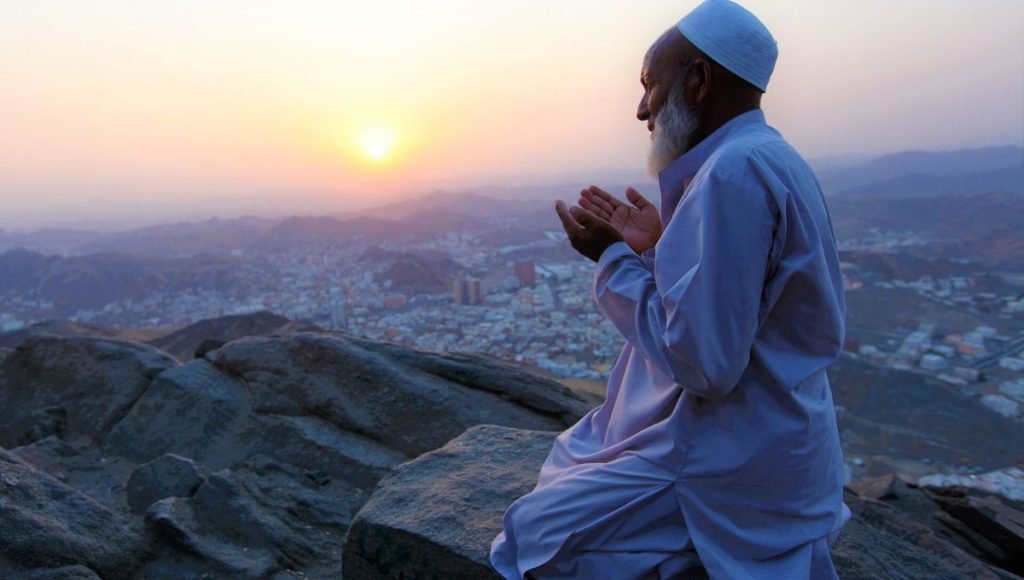
One of the major religions in India, Islam does have huge and diverse followers. It is thought that Arab traders brought it to India in the seventh century, and it has since spread to become the second-largest religion in the nation, with an estimated 200 million followers.
Islam is practiced by several different sects and divisions in India, including Sunni, Shia, and Ahmadiyya. Sunni Muslims are the majority of Muslims in India, but there are also sizeable populations of Shia and Ahmadiyya Muslims.
Indian culture and society have been significantly influenced by Islam. It has influenced Indian literature, music, architecture, and art, and there are many stunning Islamic monuments and buildings all over the nation.
ALSO READ:
